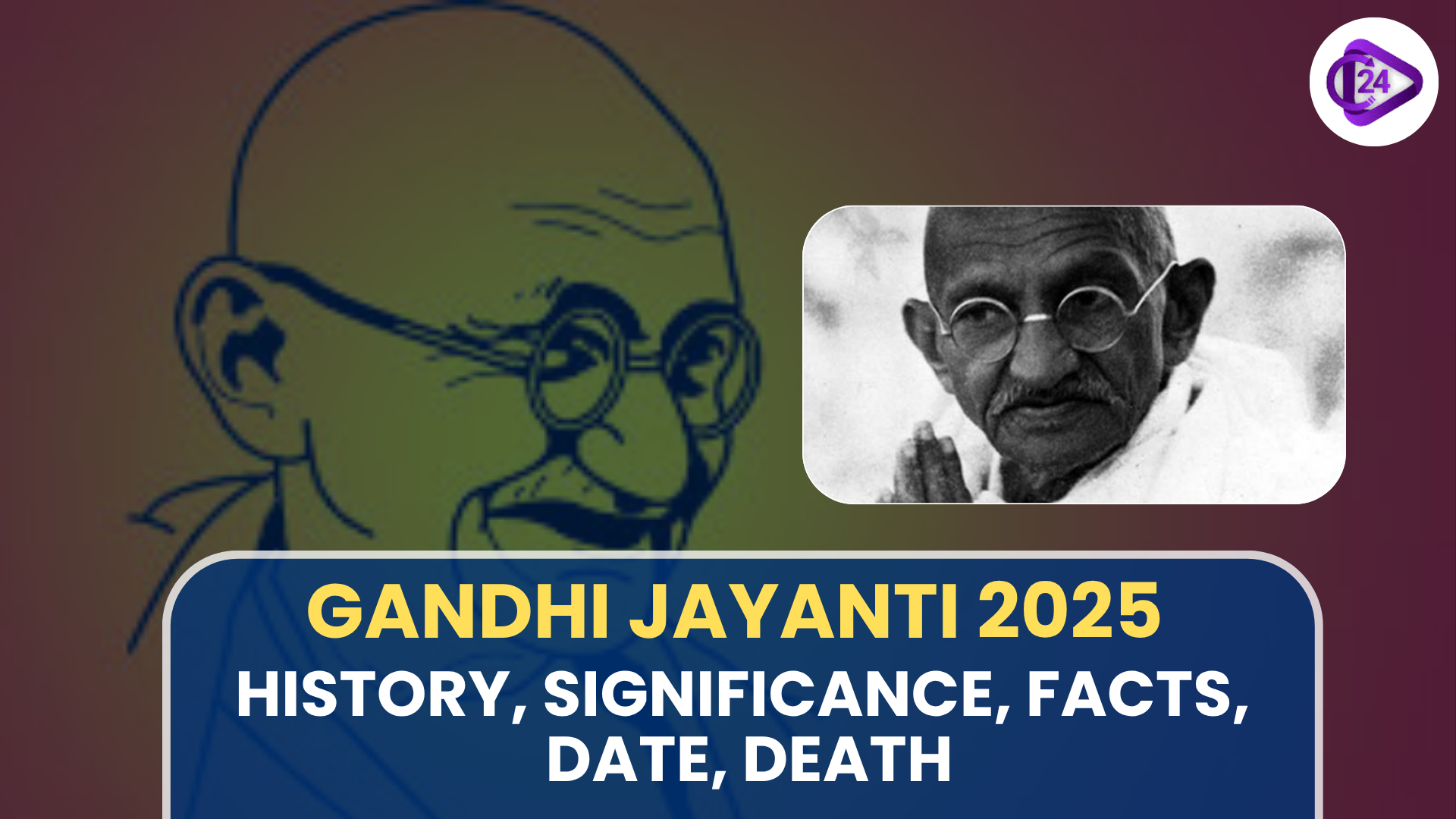
The 156th Gandhi Jayanti will be observed on October 2, 2025, which is the birth anniversary of Mahatma Gandhi, who was born in 1869. The theme of this year is centered around truth, non-violence, simplicity, self-reliance, and social justice. People are honoring in India (in Raj Ghat) by conducting prayer meetings, and also drive up cleanliness and educational programs. The day is celebrated around the world as the International Day of Non-Violence, a reminder that all should live by the principles of peace, tolerance, and moral power that Gandhi taught.
The Contribution of Gandhi in South Africa
-
In 1893, Mahatma Gandhi left South Africa to pursue his career as a lawyer and remained there a total of 21 years (1893- 1914).
-
He was discriminated against because of his race, and that motivated him to struggle to achieve equality and justice.
-
In 1894, he set up the Natal Indian Congress in order to organize the Indian community against racial laws.
-
In 1903, Gandhi began to raise awareness of Indians by starting the Indian Opinion newspaper to unite the Indians.
-
He founded in 1904 the Phoenix Settlement, near Durban, as a basic-living society.
-
He established Tolstoy Farm, near Johannesburg, in 1910, where he preached self-reliance and truth.
-
He came up with Satyagraha (non-violent resistance) in his campaigns against the Asiatic Registration Act and the poll tax.
-
His philosophy of truth, non-violence, and civil disobedience was based on his experience in South Africa and was effective in the freedom of India.
Important Movements of Gandhi in India
-
Go Back To India (1915): Mahatma Gandhi returned to India in January 1915 with his philosophy of Satyagraha-truth and nonviolence. He was initiated into the social and political situation in India, and then he joined the national movement under the guidance of Gopal Krishna Gokhale.
-
Champaran Satyagraha (1917): The first move initiated by Gandhi in India took place in Bihar and was against the exploitation of the indigo farmers by the British planters.
-
Kheda Satyagraha (1918): Gujarat peasants who could not pay land taxes because of crop failures were supported and demanded a reduction in taxes.
-
Ahmedabad Mill Strike (1918): The protest demanded fair wages and improved working conditions for the textile mill workers by peaceful means.
-
Non-Cooperation Movement (1920–1922): The campaign encouraged Indians to stop using British products, education, and government to undermine colonial authority.
-
Civil Disobedience Movement (1930): This movement started with the historic Dandi March after Gandhi defied the salt law to protest against the taxation by the British.
-
Quit India Movement (1942): Nationwide movement that demanded to stop the British rule, with its slogan being Do or Die.
-
He was able to reshape the cause of freedom in India to a mass movement rooted in peace, unity, and moral strength, and people around the world were inspired by his leadership.
Conclusion
Every year, on October 2, the birthday anniversary of Mahatma Gandhi, the Father of the Nation, Gandhi Jayanti is celebrated. The day celebrates his ideals of truth, non-violence, simplicity, and harmony, still celebrated by people the world over. It is also the anniversary of the birth of Lal Bahadur Shastri, the second Prime Minister of India, whose slogan was Jai Jawan, Jai Kisan. The day in honor of both leaders is celebrated with prayer and offering, as well as cleanliness drives, and is a symbol of peace, patriotism, and service to the nation.



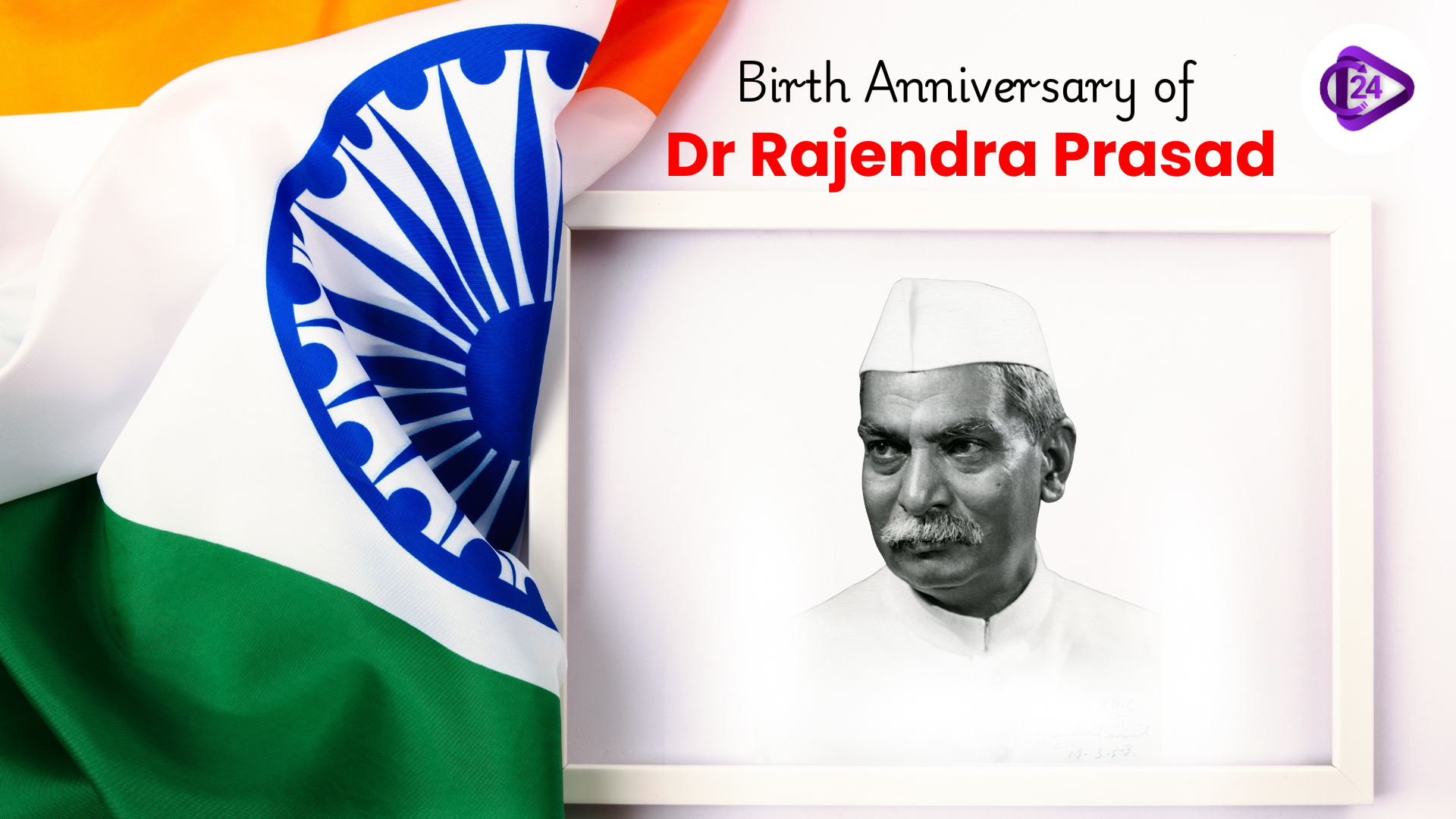 Birth Anniversary of Dr Rajendra Prasad
Birth Anniversary of Dr Rajendra Prasad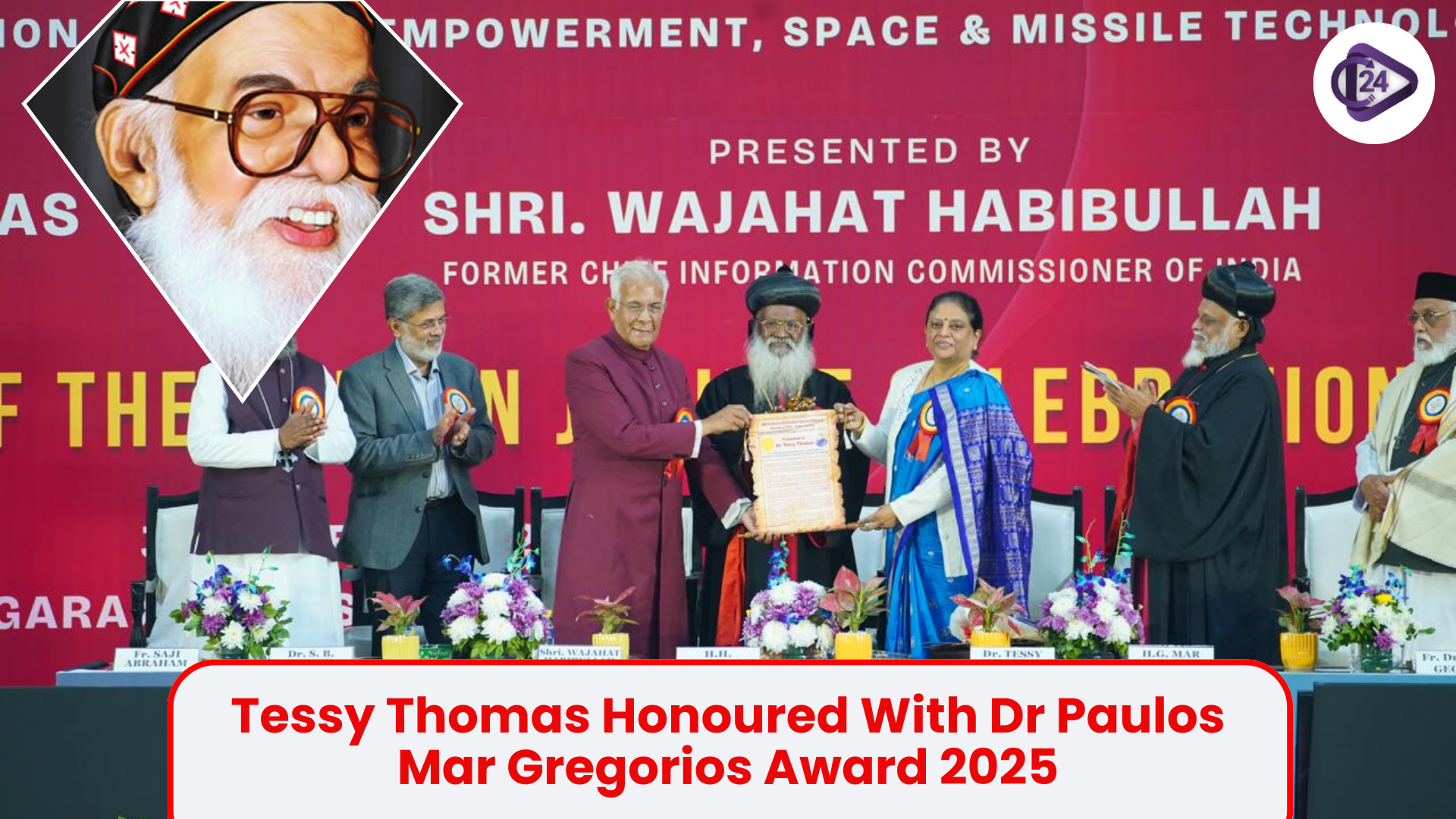 Tessy Thomas Achieves Major Recognition With Dr Paulos Mar Gregorios Award 2025
Tessy Thomas Achieves Major Recognition With Dr Paulos Mar Gregorios Award 2025 Ramban Sulai Honey GI Tag: A Major Win for Traditional Beekeeping
Ramban Sulai Honey GI Tag: A Major Win for Traditional Beekeeping India Secures Third Rank in Asia Power Index 2025
India Secures Third Rank in Asia Power Index 2025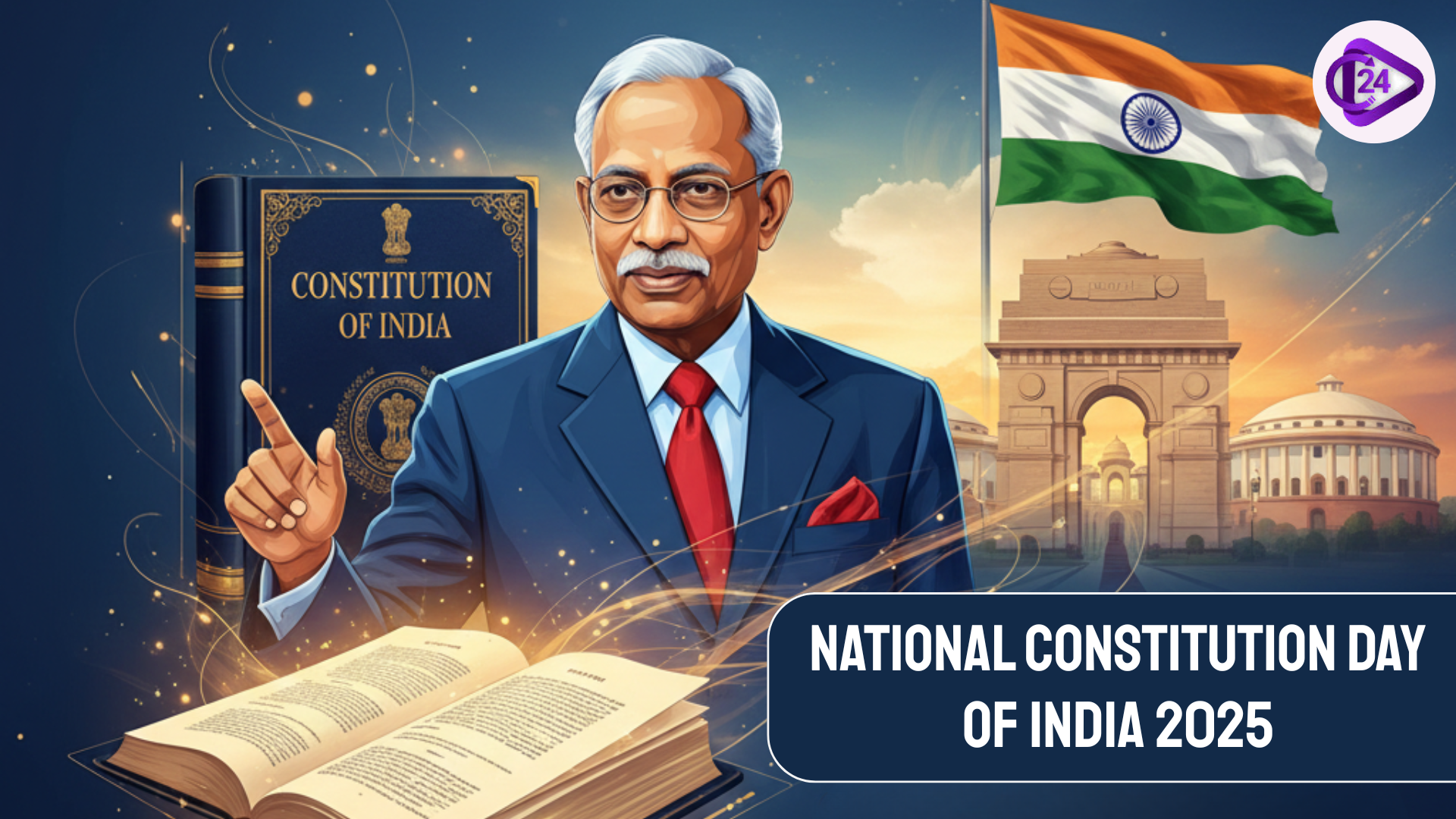 Constitution Day of India 2025: History, Meaning and Timeline Explained
Constitution Day of India 2025: History, Meaning and Timeline Explained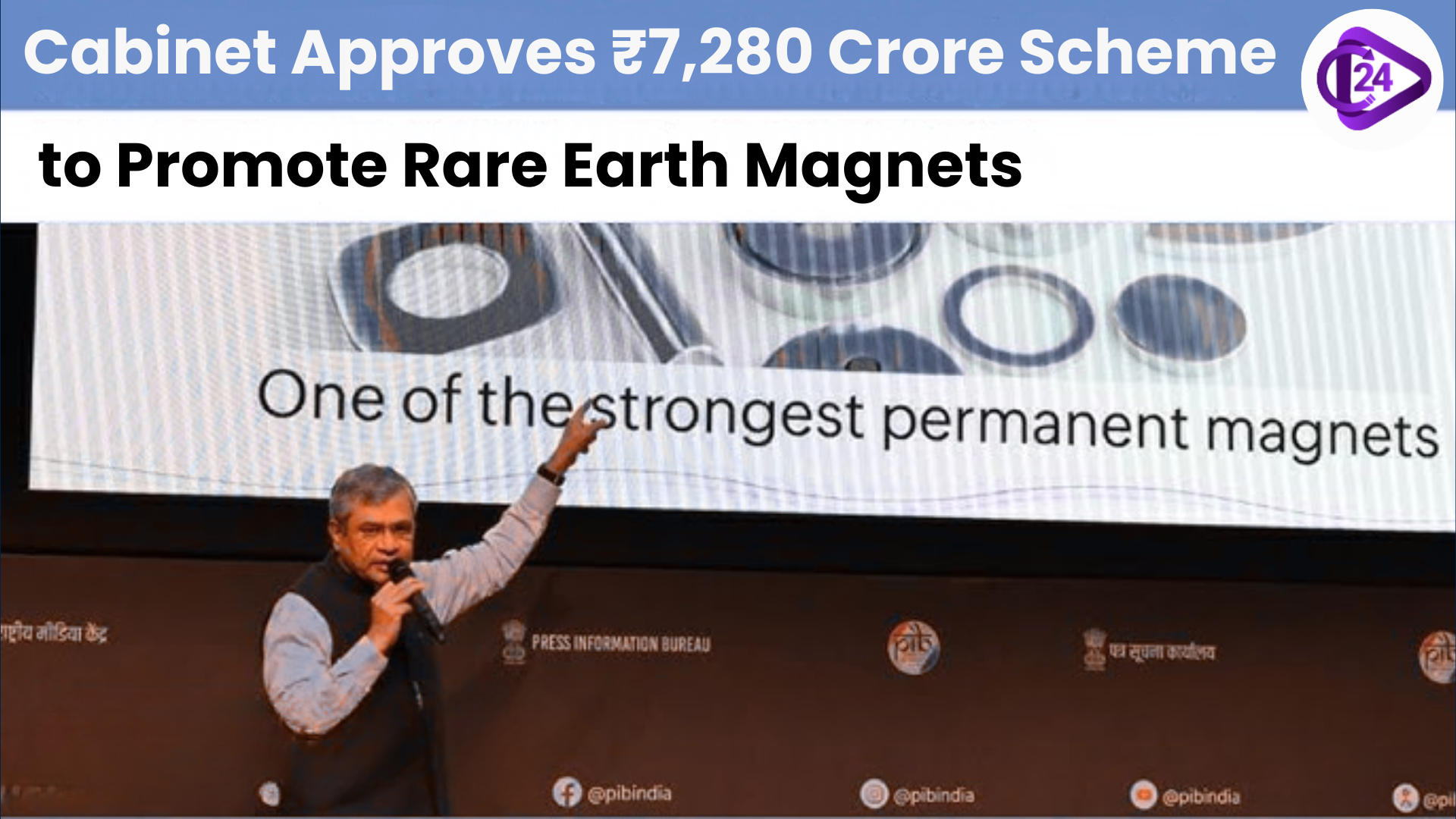 India Launches ₹7,280 Crore Initiative to Develop Rare Earth Magnet Manufacturing
India Launches ₹7,280 Crore Initiative to Develop Rare Earth Magnet Manufacturing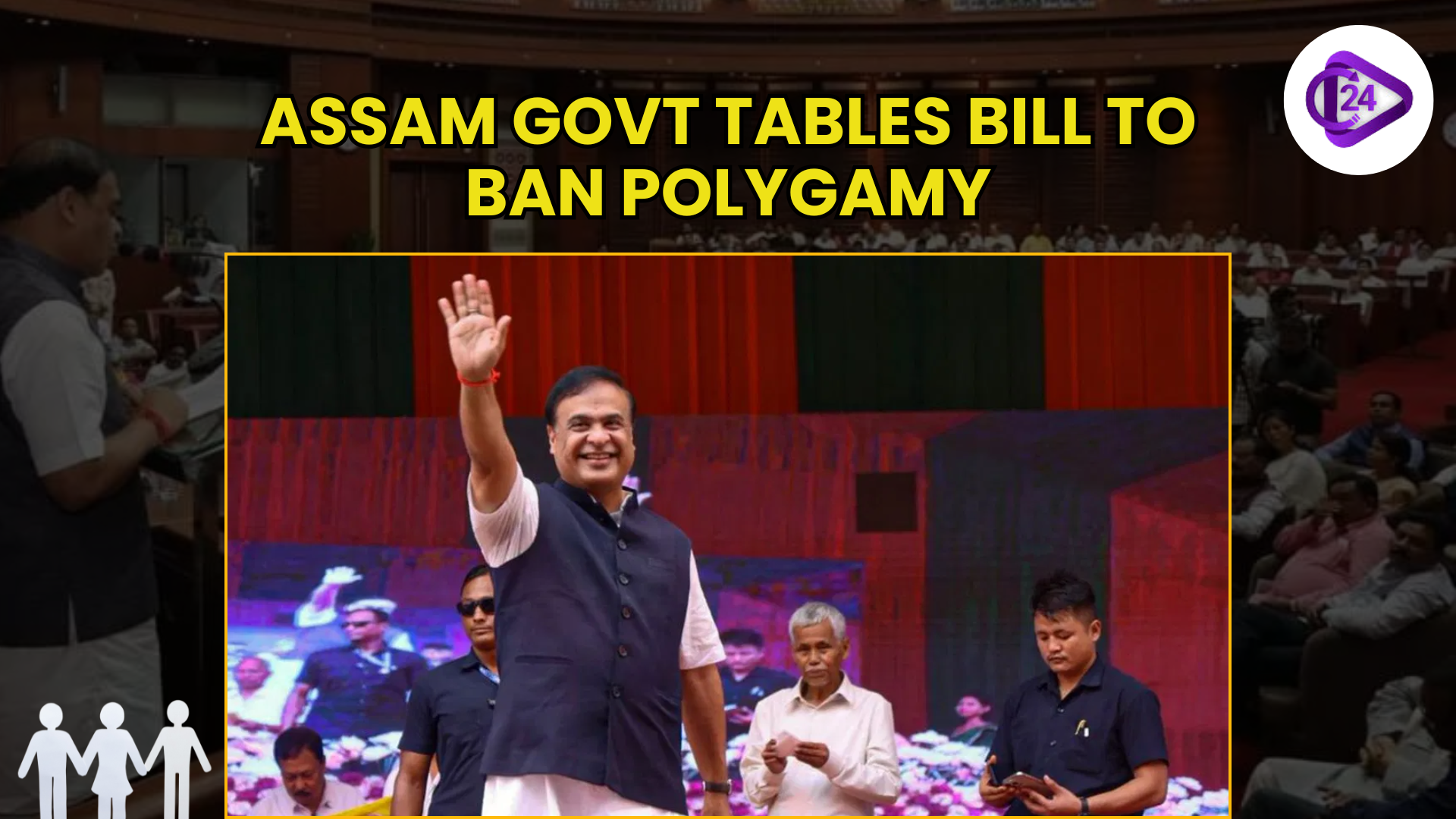 Assam Government Introduces Bill to Ban Polygamy with Strict Penalties
Assam Government Introduces Bill to Ban Polygamy with Strict Penalties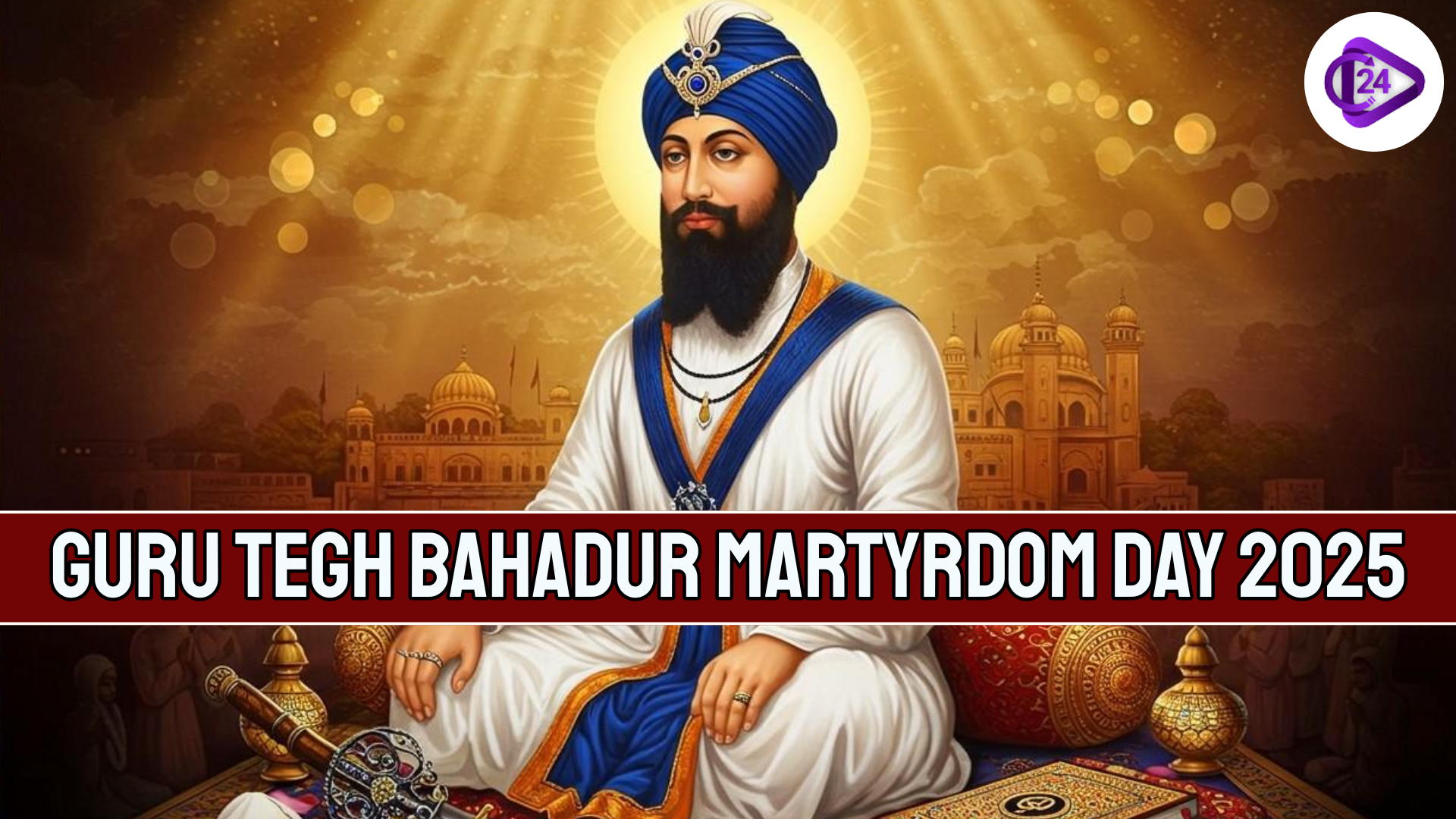 Guru Tegh Bahadur Martyrdom Day 2025 A Tribute to Courage and Spiritual Strength
Guru Tegh Bahadur Martyrdom Day 2025 A Tribute to Courage and Spiritual Strength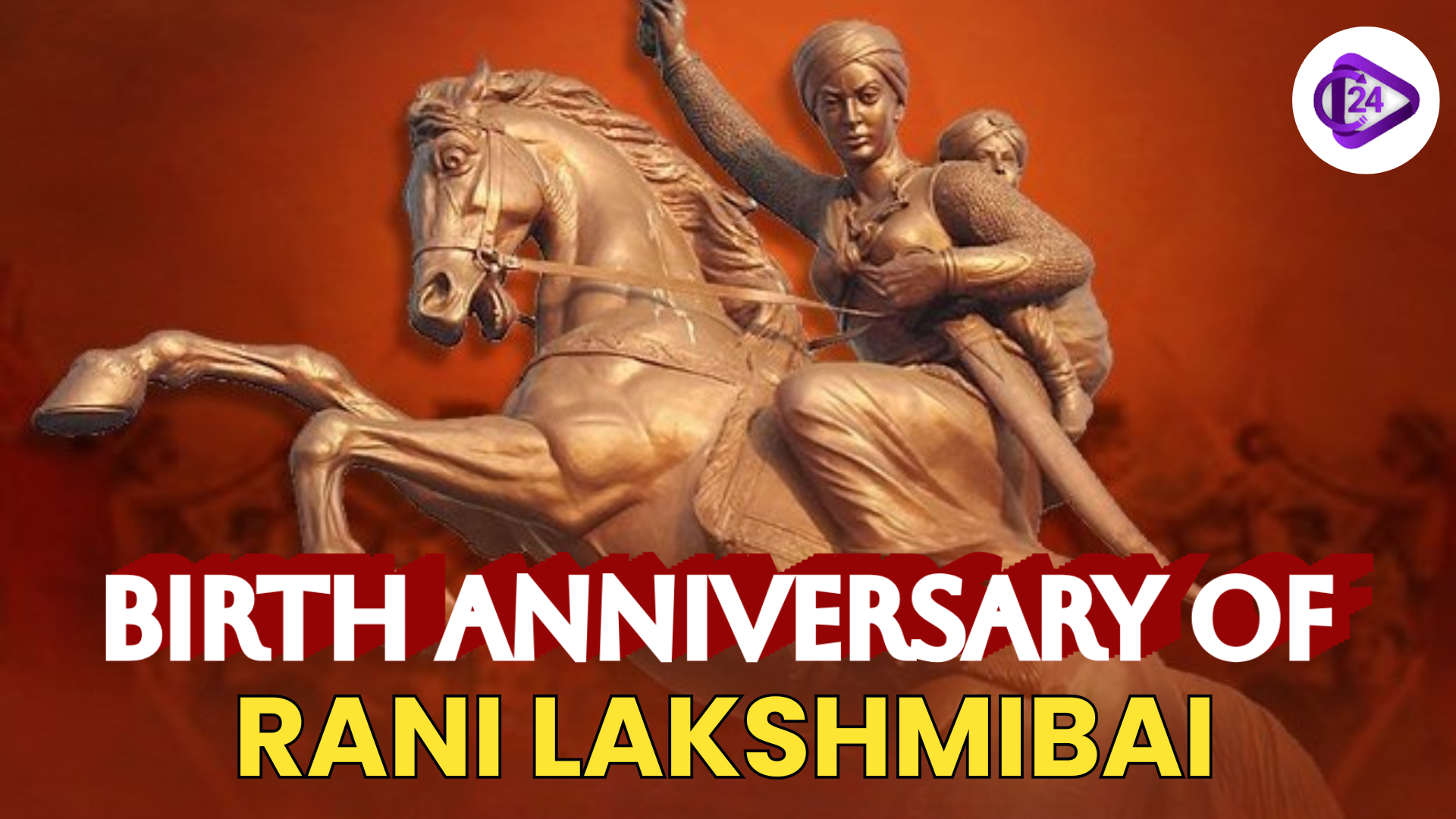 India Pays Tribute to the Birth Anniversary of Rani Lakshmibai
India Pays Tribute to the Birth Anniversary of Rani Lakshmibai Kinnaur’s Raulane Festival Celebrates Nature’s Mystical Guardians
Kinnaur’s Raulane Festival Celebrates Nature’s Mystical Guardians






